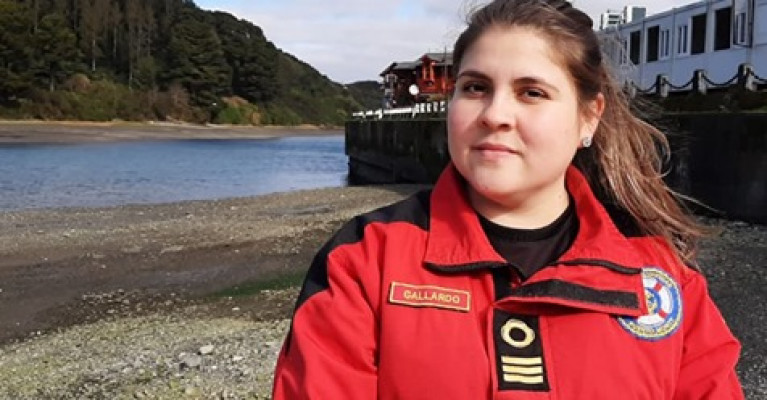Displaying items by tag: IMRF Survey
International Maritime Rescue Federation Calling Women (& Men) in Search & Rescue Survey
A survey by the International Maritime Rescue Federation (IMRF) has been launched to try to understand the current gender balance in search and rescue (SAR) organisations all around the world - whether paid professional or volunteer, national, regional or local.
The IMRF is the international NGO working to develop and improve maritime search and rescue (SAR) capacity and capability around the world. A membership organisation with members located across all continents, it organises training, shares best practice and act as the voice of the industry.
However, there is currently no definitive study that assesses the level of representation of women in the SAR sector, or looks at the roles that they fill. As a result, the IMRF has developed a survey to ask both women and men working in SAR about their experiences, work and aspirations.
Theresa Crossley, CEO IMRF explains: “Quite simply if we want to try and make sure there’s equality of opportunity across the sector, first we need to understand what the current status is, what the barriers are and where those opportunities may be.
“We are asking anyone who works in maritime search and rescue – and that could be front line operations or back office support, full or part time, volunteer or professional, male or female, to complete the survey. It only takes about five minutes, but the information will be incredibly useful in helping us to plan the next steps. We want to ensure that everyone has an equal opportunity to get involved and/or build the career they want in this inspiring sector. The link to the survey can be found on our home page www.imrf.org.uk ”
The #WomeninSAR initiative was launched last year (2019), supporting the International Maritime Organization’s (IMO) Empowering Women in Maritime initiative. The project aims to increase the representation of women in the maritime sector and to support and raise the profile of women in maritime search and rescue. Last year a new IMRF #WomeninSAR award was launched to recognise exceptional leading women in the sector at the annual IMRF Awards and the first all-women training was held in Morocco in conjunction with the IMO.
The IMRF #WomeninSAR survey can be found here:
























































